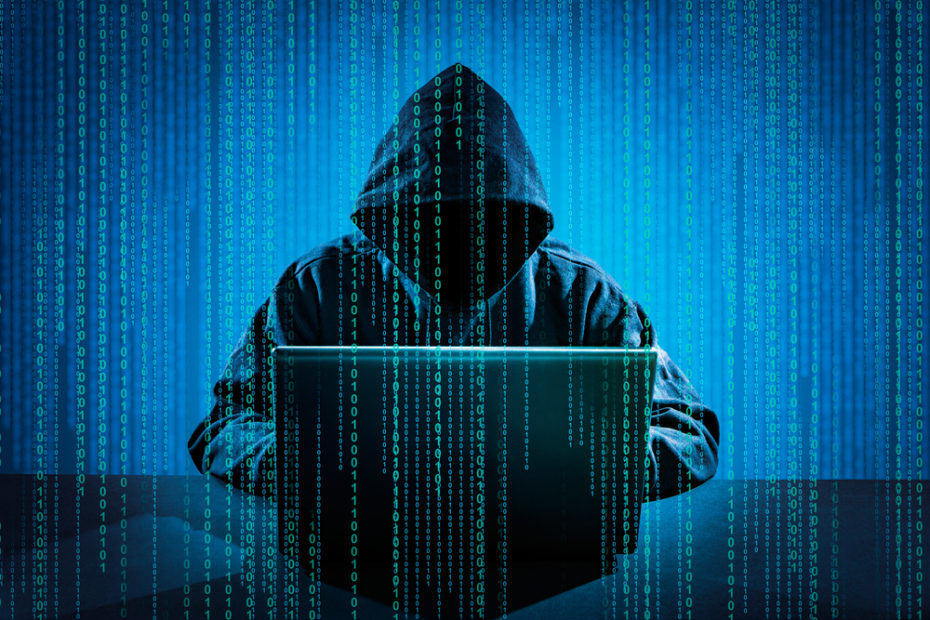Water Plant in Florida Hacked
Over and over again on these pages, we’ve emphasized the need to keep internet passwords secret and update security features on computers. The recent hack of a water treatment plant in Florida underscores our point, and offers an object lesson in what NOT to do.

In case you need an update, the incident occurred last Sunday. BBC news reported that a hacker had breached the computer controlling a water treatment plant in Oldsmar, Florida. The miscreant then increased the plant’s sodium hydroxide (lye) levels by 100 times the norm.
Oldsmar is a small town near Tampa. Its water plant serves about 15,000 residents.
Water plants often use the sodium hydroxide to control acidity- but only in small amounts. In the amounts the hacker released, though, the substance is deadly. The hack could have killed thousands of people.
Eric Seidel, Oldsmar’s mayor, said about this, “There’s a bad actor out there.” Well, yes. Nobody’s going to argue with that!
Fortunately, an alert technician caught the rising SHO levels. He then promptly reversed the hacker’s act, restoring the normal level.
How could this water plant breach occur?
The fundamental question here is: How could the plant have been vulnerable to such an attack in the first place? To this we have an answer: managers ignored basic computer and internet hygiene.
The computer handling remote access to plant controls operated on Windows 7. Furthermore, it had no firewalls installed, and employees shared the passwords for remote login.
None of this is especially complicated. None of this requires help from IT professionals.
All computer systems should receive active manufacturer support. All need patching on occasion. Any critical computer system needs a local software firewall. And of course, sharing passwords is practically begging for trouble.
Call 1-855-216-0185
Computer safety begins with you. Unless your computer use is extremely technical or complex, a few simple precautions should be enough. Just be wary of hackers, update your machine often, and use common sense.
If you do this, you probably won’t have to worry about hackers.
Use your head. That’s all we ask.
Call 1-855-216-0185
To get the most out of your computer, you need a strong internet connection. Talk to Satellite Country. Call today. We can help.




